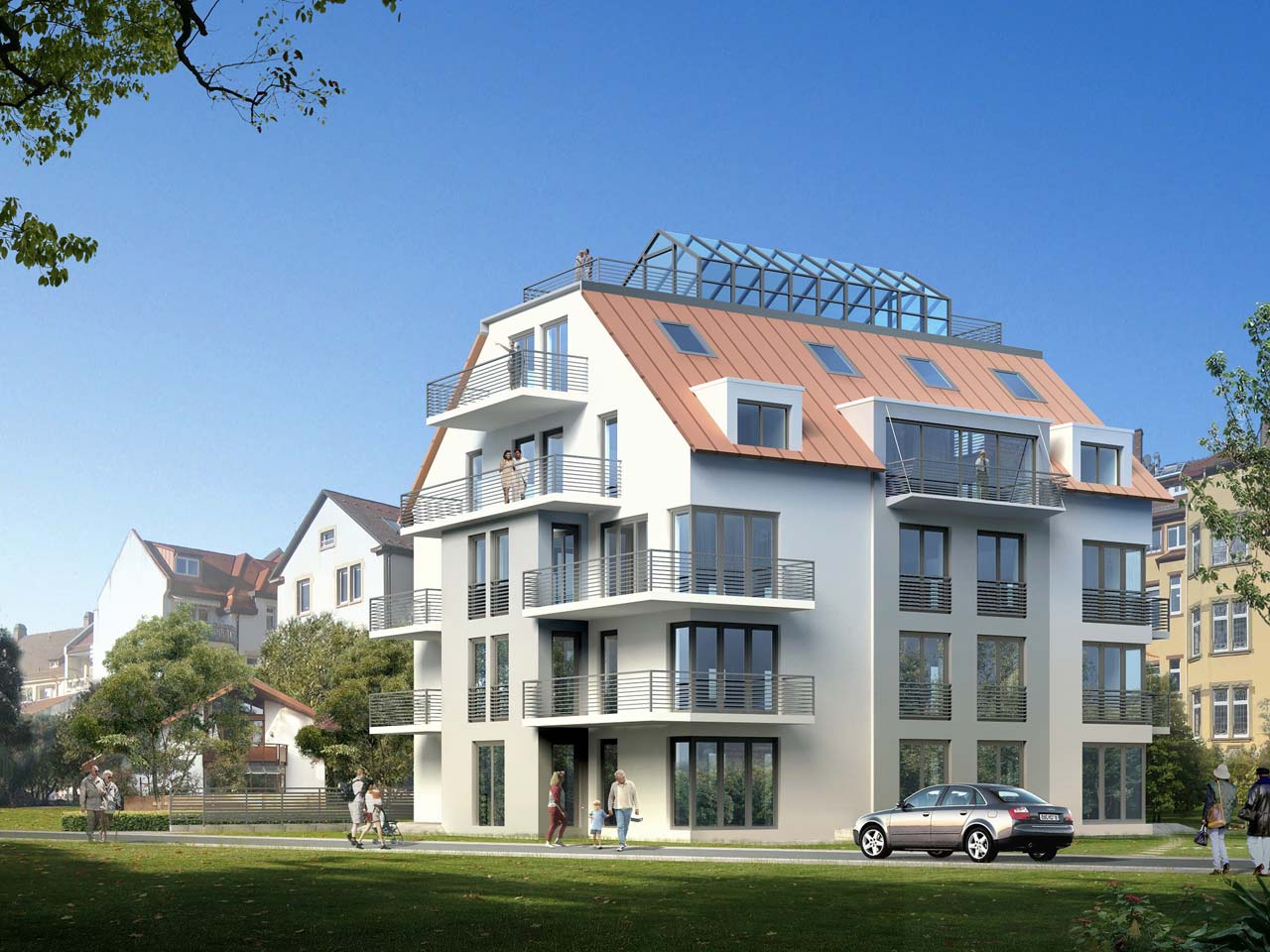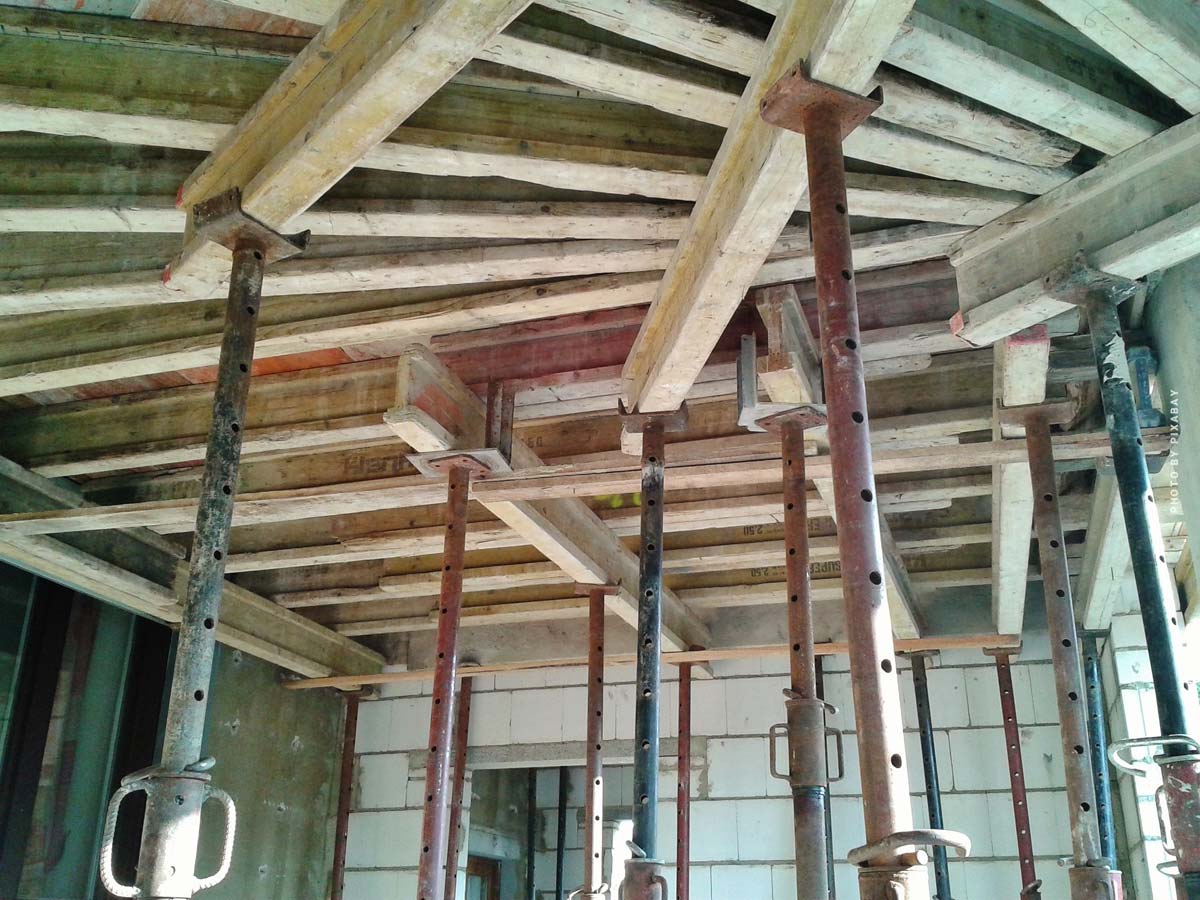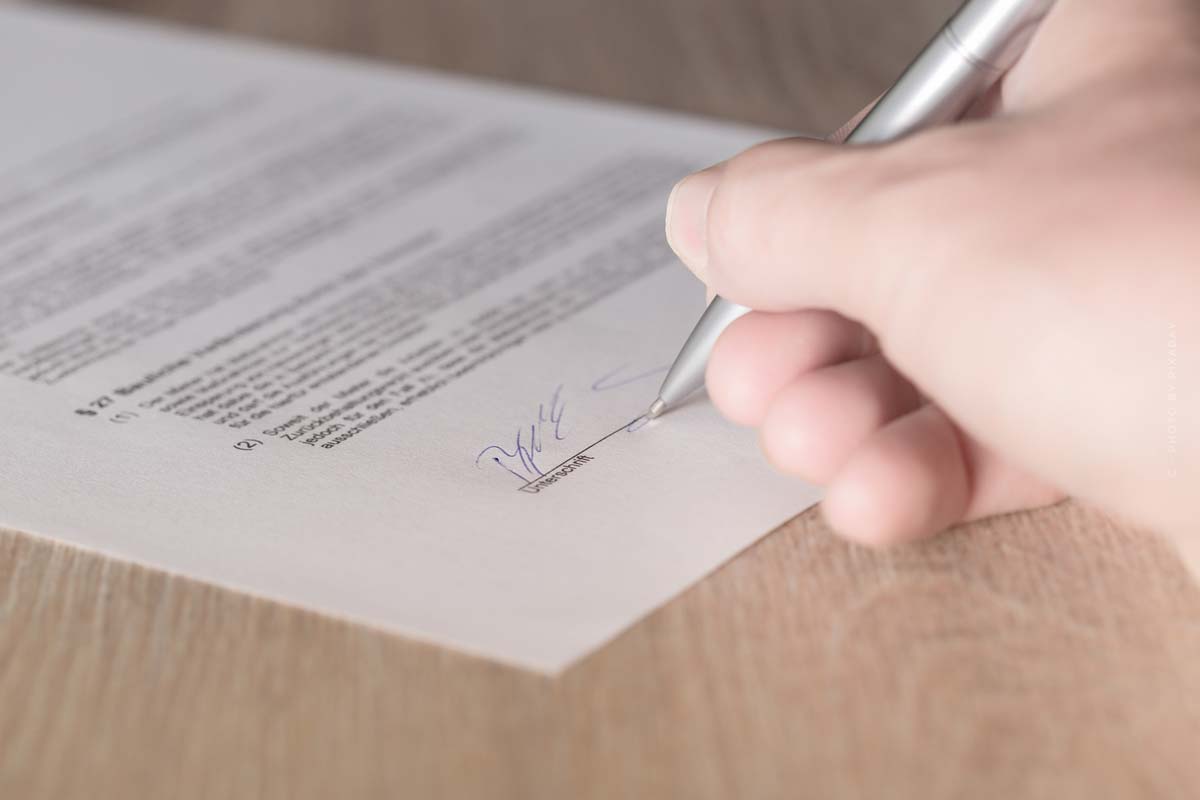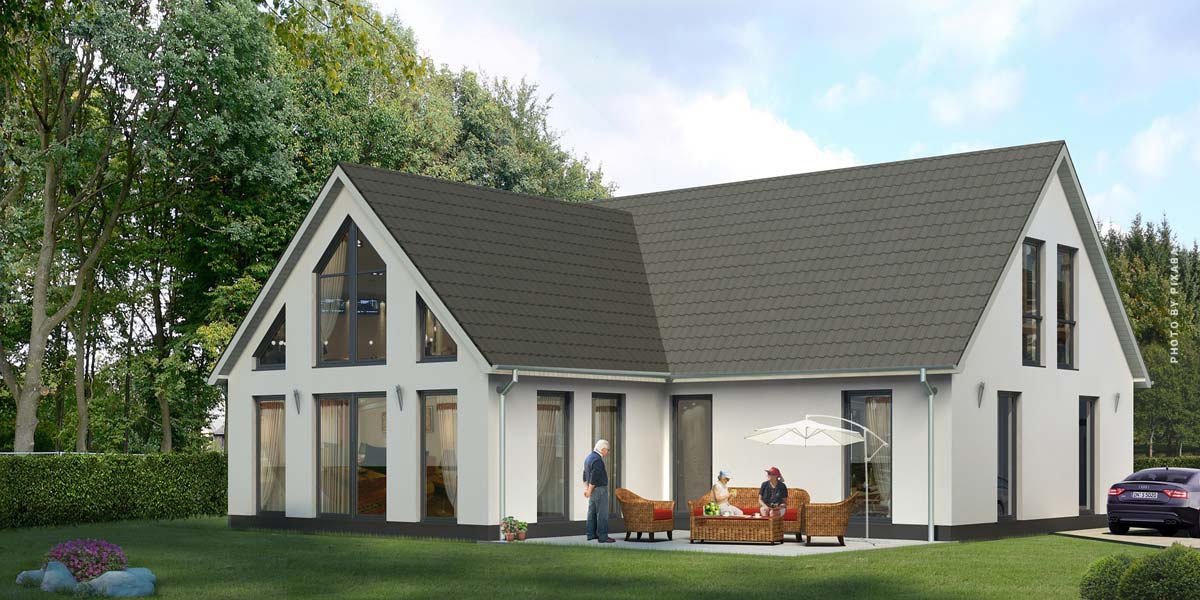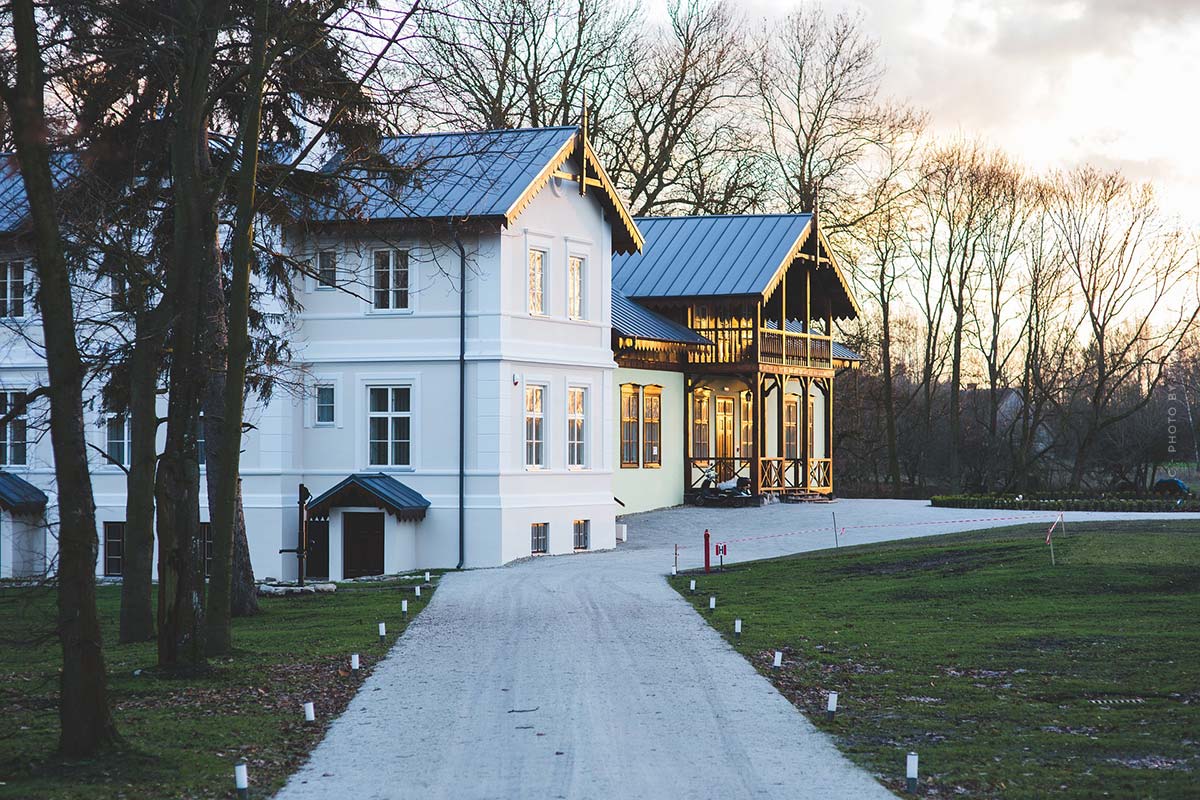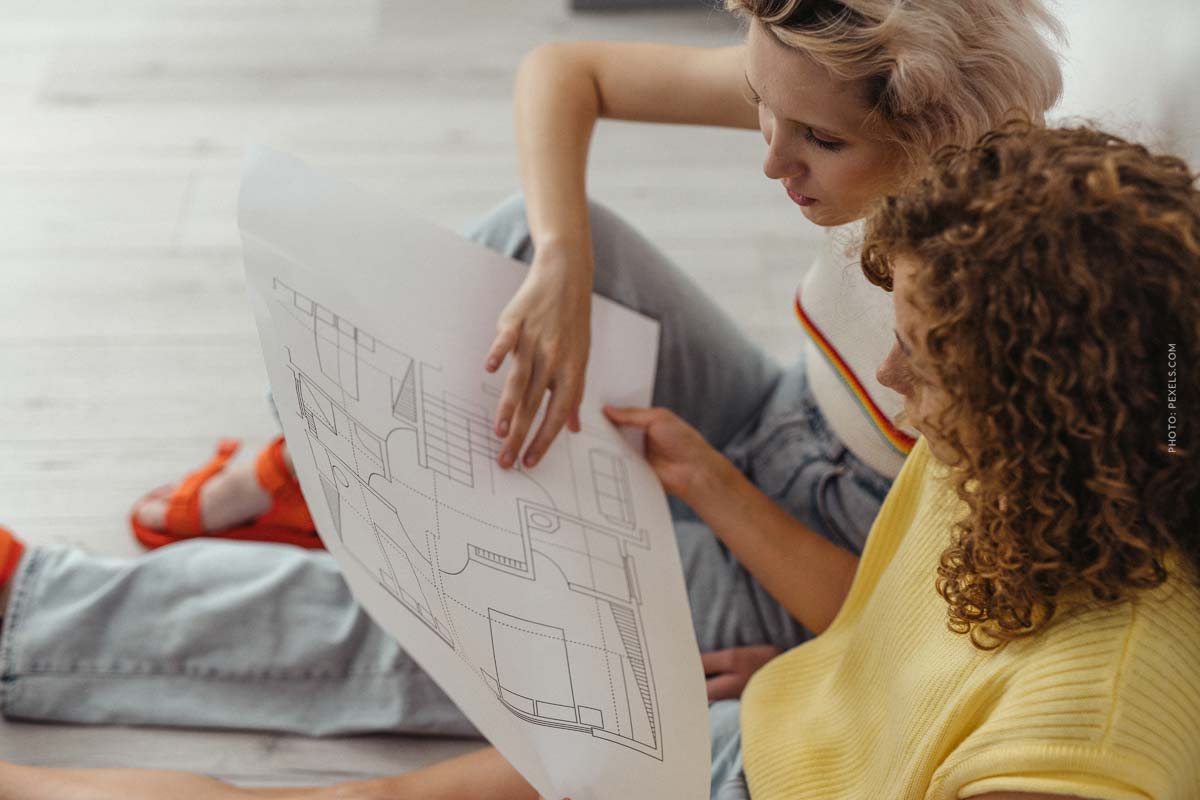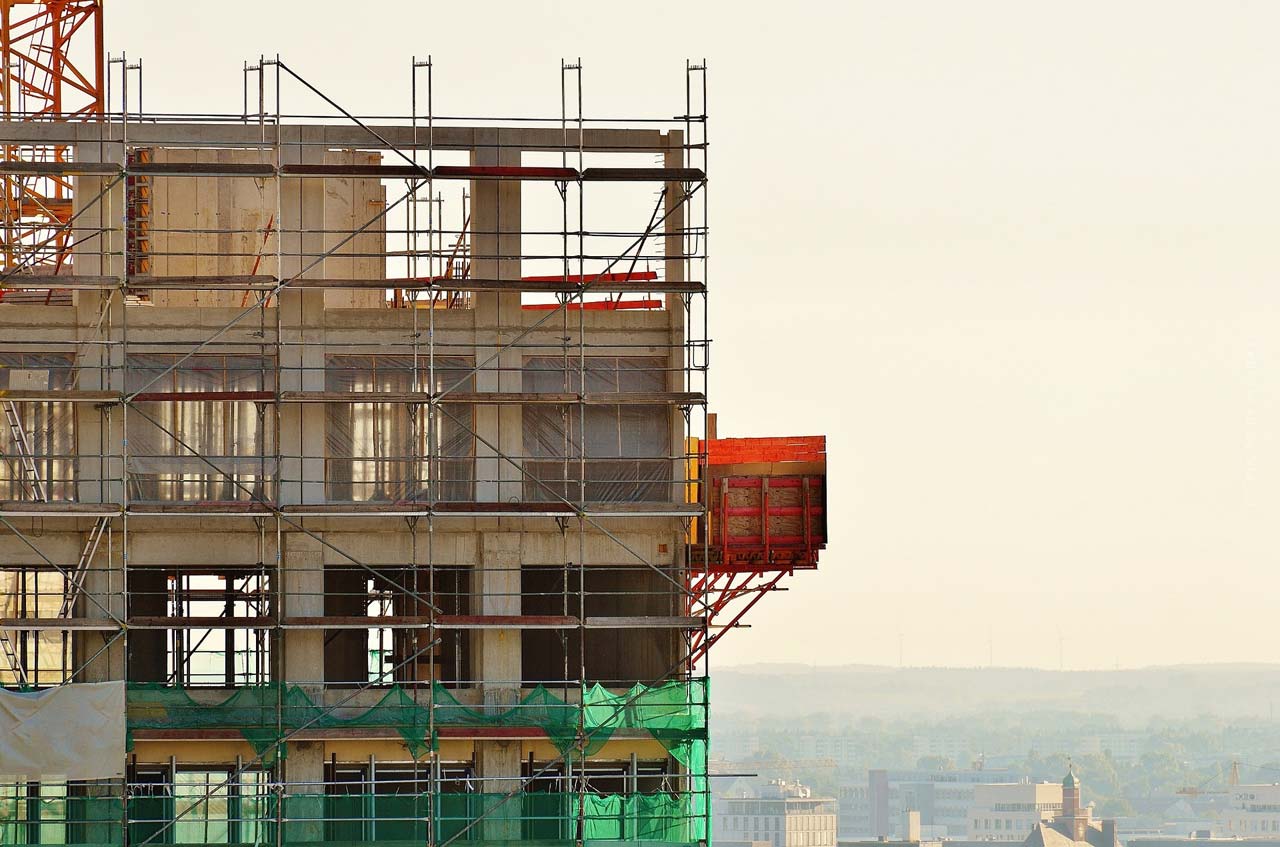Buying and renting: Investing in housing – Part 1: Valuing and buying property
Buying and renting: Investing in housing – new construction (as in the visualised cover picture [example property Berlin]) or direct purchase of a property. Many people opt for owner-occupation, but wouldn’t renting be a much smarter alternative (keyword 1: old-age provision; keyword 2: tenant pays redemption)? In this article I summarize some of the experiences of Alex Fischer. Alex Fischer holds the largest Youtube channel for real estate and taxes. I have read his book, chapters 3, 4x in parts too because of all the information. Account structures, “real estate limited liability company”, trusts, tax advantages. Real estate is the strongest investment if you ask me. If you know the right tricks, you can avoid many mistakes when buying real estate. The fewer mistakes you make, the more profit you’ll keep in your pocket as a landlord. I have learned so much from Alex Fischer. That’s why I wanted to write and link this summary on buying and renting for you. All of these articles by Alex Fischer are free. Should you also get into tax optimization, I recommend you read my tax coaching experience report : experiences.
Buying and renting property: Let’s start…
I took the trouble to browse through many, many articles by Alex Fischer over the weekend. Alex Fischer should be you, if you my blog lies, in any case a term. Very new is also my article on the tax coaching experience (worth reading!), in advance already appeared Finance: 7 basic rules. Articles likeUnderstanding Taxes, & Building Wealth are also based on this. Today, the focus is on real estate and investments, from buying, to financing, to taxes.
Learn here step by step how to buy and rent real estate.
From here on all links are external and lead to the blog and videos of Alex Fischer.
The advice articles and videos are all absolutely free. I have learned so, so much, applied: Real Estate Investment, Financial Structures and Tax Optimization (turning taxes into personal wealth). In case you’re wondering who is Alex Fischer, here’s some more info on the real estate investor (20,000 m² privately owned in Düsseldorf alone).
Procedure, basics and definitions
Are you buying your first property? In Alex Fischer’s real estate dictionary you’ll find all the important definitions, from annuity loans to interim financing.
If you have already delved into the topic of buying real estate, then you can also take a direct look at the procedures of real estate transfers here.
These are the 4 main criteria you need to start small as a real estate investor. First, you need a stable and regular income. For singles this is currently about 2,000 euros per month, for married couples 2,500 euros, in addition you should calculate 300 per child and month. You need a positive balance of assets (tip: it helps to ask for a credit report). Your existing equity counts for the bank decision. You should have 10-12%, with a good bank consultant.
PS: You will learn much more about equity in the chapter “Financing”.
What do you have to watch out for? Avoid mistakes
Knowing the process of buying real estate is one aspect. Another is the things you need to pay attention to, whether it’s a condo, house or townhouse. For one, as a landlord, break even on the rental income you’re going to make. Certain decisions can take away tax benefits, you’ll also have to deal with renovation backlogs at some point. And… Weren’t we just at the point of buying a property? Here, too, there are many other aspects to consider, especially: “location, location, location”, as well as equipment and area of the property.
This results in many, clearly nameable buyer mistakes. The most important, you get here:
Property valuation: location, building fabric and equipment
Stop. Before we get to the property valuation, here is the key factor for the property purchase price:
Location of the property
Location, location, location: Purchase price factor
Already in one district the purchase price for a property can be extremely different. While one street is cheap, the real estate prices 3, 4 streets further are already twice as high, three times as high, as can be seen in a moment still example Berlin. Central purchase price factor is first always the situation of the real estate. Not for nothing there is the winged saying “location, location, location”, in the world of real estate agents.
As a real estate buyer (aka buyer, investor) you have 3 factors:
- Macro situation: Where in Germany?
- Meso location = Where in the city?
- Micro-location = Where exactly is the property located?
Macro situation: Where in Germany?
The macro location is quickly explained, for example, if you look at the difference in purchase prices between Munich in Bavaria and Bochum in NRW. In Munich, one currently pays 1.8 million euros for a relatively standard house at 185 m². In Bochum, a similar property would currently be on the market for around 230,00 euros. The 7.8-fold of the real estate price in Munich. In Berlin, the purchase price for a house in the range of 185 m² (with the same equipment) is between 749,000 euros in the suburbs up to 2.3 million euros in Zehlendorf, and up to 16.7 million euros for a villa in Grunewald – but more on that in a moment in the Meso location.
Example macro location: Berlin
Meso-location: Where in the city?
The meso situation looks at the individual parts of a city. Let’s look at the example of Berlin and the extreme difference between the districts. While individual villas in
Berlin-Grunewald cost up to 16.7 million euros, one gets in Berlin-Köpenick for “only” 2.8 million euros a whole apartment house, with 1,400 m² of living space, 1,200 m² of land and about 48 rooms, distributed among the residential units.
Example macro location: Berlin-Grunewald
Micro-location: Where exactly? What is nearby?
The micro-location is important for owner-occupiers, but also for landlords. It not only answers the question of the exact location (street, house number, floor). The micro-location also answers the question, what is in the vicinity of the property? Schools, restaurants, transport connections to other districts, cities, as well as supermarkets and cinemas. The meso location would have direct access to all important, everyday needs, as in this example: From the café around the corner, to the supermarket, to the pharmacy.
Example macro location: Berlin-Grunewald, Teplitzer Straße
Valuation: What is the maximum purchase price?
If the price is too low, you are giving away cash (your assets). A purchase price that is too high minimizes your profit as a landlord. Assessing the right asking price is one of the most important aspects of buying a property. Before we get deeper into the subject of valuation of location, building fabric, market value & Co., here is an overview of real estate valuation on Lukinski. Tip. In the individual articles on houses, apartments, multi-family houses and land, you will find much more detailed information on all types of real estate appraisal procedures.
The better the valuation of the property, the lower the service charges and business tax. Therefore, I recommend you also deal with the valuation of real estate. PS: By the way, this is also the reason why many people hire a real estate agent. If you accept a purchase price immediately, you will probably pay more. You could write that off as a learning curve. However, if it’s 5 figures, it quickly becomes painful for many. You could have invested the money in a renovation or modernization, for example a new heating system. That would have two positive side effects:
- Purchase price minimization through concrete points of criticism (e.g. building fabric)
- Value increase through refurbishment / modernisation in resale
So not only do you pay less, you can also use the available assets to increase the value of your property. Therefore, remember: The more detailed you check the property, the sooner you can minimize the purchase price. You can learn more about what is important in the valuation of real estate here in the lead article.
If you already have a specific property in mind, then I recommend you read the individual articles on land, apartments, houses and so on.
Should you wish to value an exclusive property, discreetly, we recommend a no obligation valuation by an expert. If you would like to contact us, you can find our contact details here: Contact.
Letting: yield, ancillary costs, refurbishment and vacancies
For the purchase decision you have to consider the rental yield: We come to this in the next step, the renting. If you are looking for a property that you want to buy directly and rent out (so that tenants take over your repayment), then the rental yield is the tool to calculate.
Calculate rental yield: For landlords, basis of valuation
If you’re looking for rented properties, make sure you look at the rental yield. The rental yield is the annual income divided by the purchase price x 100. There are different calculation methods, I’ll just say the simple one, so:
Annual rent divided by purchase price x 100
Your score will be a percentage. For condos, it should be a percentage of 4 to 6. Otherwise you are buying too expensive.
In more expensive locations, yields go down a bit, in worse locations, they go up a bit.
This is the range in which you recognize cheap real estate!
Renting: location, ancillary costs and taxes
If you want to become a landlord, many factors come up. They are the reason for your success or failure. Apportionment of service charges, service charge billing or even what to do if the tenant suddenly stops paying? You buy an apartment building and want to live in it yourself, what do you do? Very important: taxes. There are a lot of things you absolutely have to pay attention to when it comes to taxes. You can find out what these aspects are in the next link. Here Alex Fischer explains everything about renting real estate.
As previously discussed under “location, location, location”, as always there are many, many factors: you need to look as thoroughly at the neighborhood, is there vacancy? What is the overall vacancy rate? Lots of empty housing units are not a good sign. Find out exactly what the local sales prices are to get a feel for the local market value. You can find these tips and more here:
- Renting
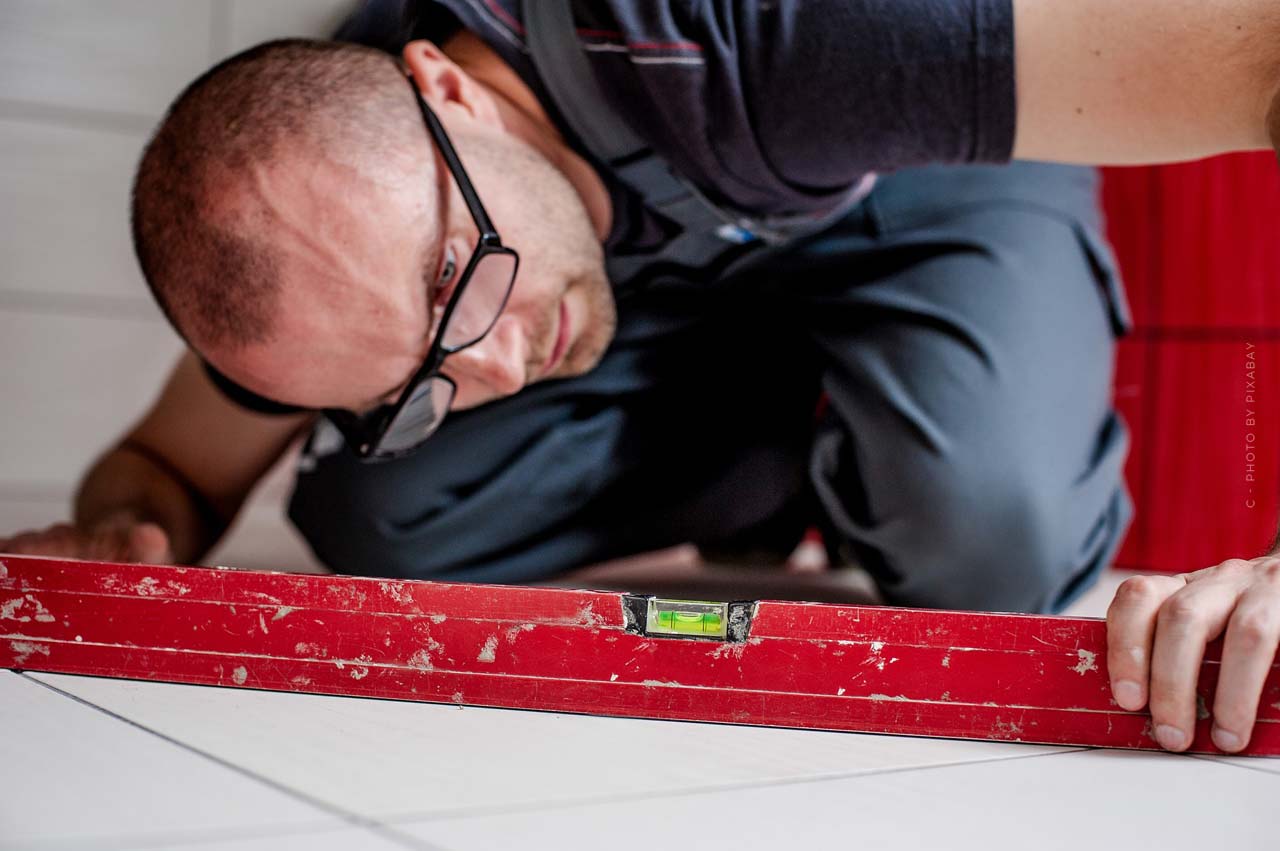
Co-income to tax benefit
In this article, you’ll learn how you can get another six for every euro you pay with certain income properties. A comprehensive look at the economic part of real estate, both for cash investors, those who buy real estate for investment reasons, and owner-occupiers. To summarize briefly and simply in advance: Imagine getting something for 10,000 euros that has a value of 100,000 euros.
So not 100,000 euros in 30 years, you get a value of 100,000 euros immediately.
Example: you buy a Porsche worth 100,000 euros, but you only have to pay 10,000 euros for it and you already get this Porsche delivered. You don’t have to pay the 10,000 euros immediately, but little by little. How would you like that? Get to know the principle of real estate.
Own use: What do you have to pay attention to?
You want to buy an owner-occupied property? Then new factors await you. But don’t worry, you’ll get the first answers to owner-occupancy right here. In fact, it’s not just a matter of a few elements that come into play when buying and choosing a property, there are a few points you need to consider before you consider buying one. You can find out what you need to look out for when buying property for your own use here.
The case of owner-occupation! Absolutely read as owner-occupier
However, a big BUT is also needed here for potential owner-occupiers. Because there is a danger:
Danger with owner-occupancy: owner-occupancy can lead to you eventually finding that you’re only – I mean only – working for your home or condo.
… then you realize that you have given up your freedom. So not just tips on owner-occupancy, here’s another very good article (with explanatory video) on the subject of traps for owner-occupiers. Many owner occupiers make a mistake. They buy an owner-occupied property thinking “that’ll solve their pension problem”. After all, “once my property is paid off, I won’t have to pay rent”. This is definitely true and definitely an important pillar, according to Alex Fischer. However, his experience over the last 15 years shows that many owner-occupiers, once their property is paid off, have to sell it again! Why?
Owner-occupier: “Finally rent-free! Yes, but… First of all, let’s get back to this issue: imagine that you are now owner-occupiers. You reduce your consumption, you furnish your property, you invest in it, you pay off the instalments to the bank, you buy less nice clothes, no longer the newest car, because you simply want to pay off your owner-occupied property as quickly as possible. When it’s paid off, you may find yourself in a situation where you have to sell it.”
Own use in rented apartment building
Making use of an “owner-occupied residential unit in an otherwise rented apartment building”: Almost all property owners have heard of the idea. In terms of apartment buildings, many like “three party houses”. The plan is then to occupy one apartment yourself, usually the apartment on the ground floor because it has a garden. The other two are then rented out.
In fact, this is how you can get tenants to help you pay off your owner-occupied apartment.
That’s basically a good idea, if you can find something like that.
Financing and equity
Tomorrow we continue with part #2 on “Buying and Renting: Investing in Housing”. You’ll learn so much, from loan agreement to loan agreement, real estate financing with and without equity, and the big question of building wealth through real estate: why invest?
